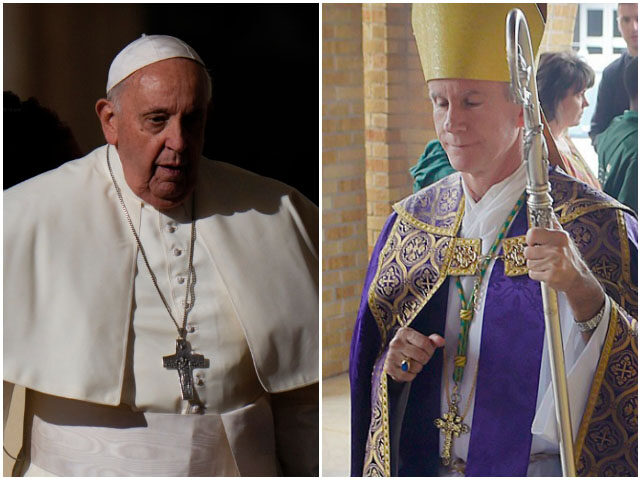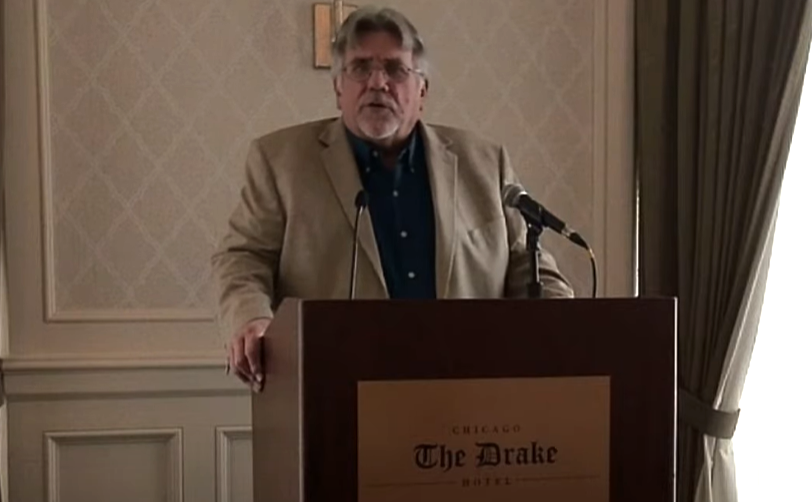We Know Better Now, by Kathryn J. Lopez

California Confession Bill Amended, but Still Would Require Priests to Violate Seal
May 21, 2019
As ‘Nones’ Rise in Numbers, Catholic Church Faces Evangelization Challenge, by Peter Jesserer Smith
May 21, 2019
By Kathryn Jean Lopez, The Stream, May 20, 2019
 We didn’t know.
We didn’t know.
When the United States Supreme Court first legalized Roe v. Wade, Frederica Mathewes-Green had a bumper sticker on her car: “Don’t labor under a misconception; legalize abortion.” She’s since changed her mind about that. Reflecting in 2016, she wrote: “(A)t the time, we didn’t have much understanding of what abortion was. We knew nothing of fetal development. We consistently termed the fetus ‘a blob of tissue,’ and that’s just how we pictured it — an undifferentiated mucus-like blob, not recognizable as human or even as alive. It would be another 15 years of so before pregnant couples could show off sonograms of their unborn babies, shocking us with the obvious humanity of the unborn.”
I’ve been rereading Mathewes-Green in the midst of all the yelling about the recently passed Alabama law that essentially outlaws abortion in the state. The fact of the matter is: We know now. But clinging to our miserable politics still is what we know best. And so, while you don’t hear “blob of tissue” as much, you do hear euphemisms. Actress Alyssa Milano recently suggested that rather than talk about a heartbeat within the womb, references be made to “fetal pole cardiac activity.”
Abortion as Part of American Lives
This is part of what Mathewes-Green would reflect on in her book Real Choices: Listening to Women; Looking for Alternatives to Abortion. Back when she was pro-choice, she could have never imagined how much abortion would become a part of American lives, culture and politics.
“We also thought, back then, that few abortions would ever be done,” she writes. “It’s a grim experience, going through an abortion, and we assumed a woman would choose one only as a last resort. We were fighting for that ‘last resort.’ We had no idea how common the procedure would become.”
She writes: “Twenty years ago, someone told me that, if the names of all (babies lost to abortion) were inscribed on a wall, like the Vietnam Veterans Memorial, the wall would have to stretch for 50 miles. It’s 20 years later now, and that wall would have to stretch twice as far. But no names could be written on it; those babies had no names.” Now we’re getting closer to half a century of legal abortion, which turned out not to be so rare, after all.
We Look Away
We may know better now. But we look away. Not just from the facts — the life within, but the solutions. The hard work of support.
We know that life is full of heartache and tough decisions, so of course issues surrounding reproduction and childbirth that get to the heart of human life are full of those things as well. Most of us value life, even people who describe themselves as pro-choice. So how can we work together to make abortion implausible?
Help us champion truth, freedom, limited government and human dignity. Support The Stream »
Lisa Wheeler is one of the publicists working on the movie Unplanned, about a Planned Parenthood clinic worker who became a pro-life activist. She’s also been the foster mother of over 15 children. On her Facebook page, she made a plea: “Children are not in foster care because they are unwanted. God wants them. I want them. I know many of my friends longing for motherhood want them. Children are in foster care because we have forgotten how to love one another. It’s time — right or left, pro-life or pro-choice — that we stand in the gap to help the mothers and the children who need us the most.” Whatever you think of the prudence of the Alabama law, let’s meet here, in the gap, helping. Whatever your history. Our differences can help us be more sensitive to each other’s pain rather than further divide us.
Kathryn Jean Lopez is senior fellow at the National Review Institute, editor-at-large of National Review Online and founding director of Catholic Voices USA. She can be contacted at klopez@nationalreview.com.
___________________________




